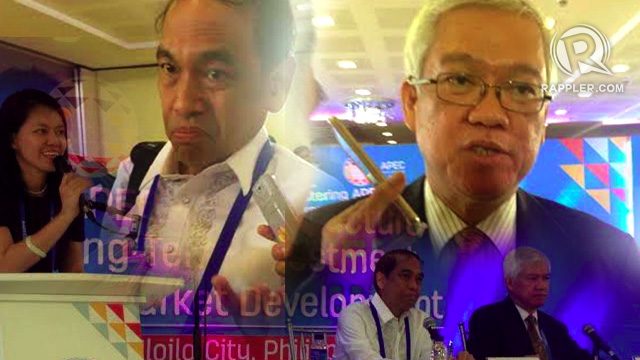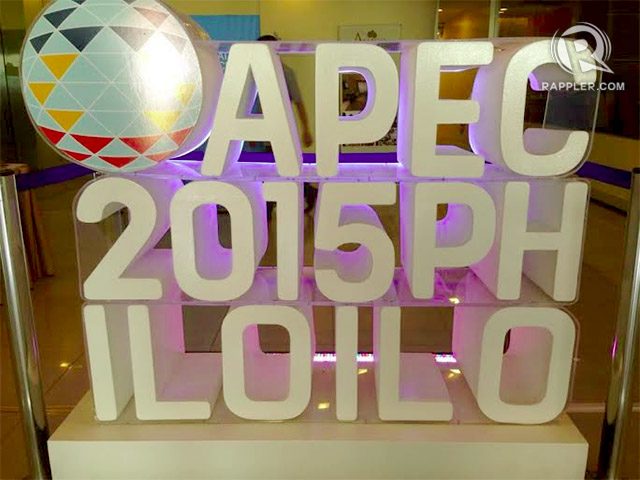This is AI generated summarization, which may have errors. For context, always refer to the full article.
If all goes well, the country could market investments from across participating Asian economies and allow local investment product providers to sell to the regional mart by mid-2016
ILOILO CITY, Philippines — The Philippines could still become an active participant of the Asia Region Funds Passport (ARFP) in 2016 once it hurdles an accreditation process that would pave the way for such participation.
The ARFP, according to the Securities and Exchange Commission (SEC), is “a regional program that will enable investors in participating
Asia-Pacific Economic Cooperation (APEC) economies to invest in eligible mutual funds (collective investment schemes) registered and operating in other participating APEC economies.”
Initiated by Australia, ARFP will open the Philippine market to investments from across participating Asian economies, and in return allow local investment product providers to sell to the regional market.
He was referring to the multilateral memorandum of understanding on consultation and cooperation and the exchange of information (MMOU) of the International Organization of Securities Commissions (IOSCO).
“The signing of the actual MMOU will be toward the last quarter, maybe November of December,” Gaite told reporters Friday, July 24.
“Before the actual MMOU, September is also the signing of statement of understanding (SOU),” the SEC commissioner said. SOU is a statement of intent to participate and join the passport fund.
Through the SEC, the Philippines is a member of IOSCO, but is one of the 23 members who are not yet signatories to the MMOU.
The MMOU, according to the APEC website, has 103 signatories.
It “represents a common understanding among its signatories of how they should consult, cooperate, and exchange information for the purpose of regulatory enforcement regarding securities markets,” a description on the website read.
Cross-border transaction in 2016
If this goes according to plan, Gaite said there “will be a 6-month period in which all signatory economies will adjust their respective laws to conform with the passport rules.”
He added that the actual operation of a cross-border transaction “can happen perhaps in the second half of next year.”
The Philippines is the chair of APEC this year.
“If you ask me, we’re on track [in participating in IOSCO by mid-2016]. I accompanied our Japanese counterparts to different government agencies last week, including Court of Appeals and Bangko Sentral ng Pilipinas, because they have all these questions about information sharing regarding bank deposits,” Gaite said.
He said that Japan has also expressed interest in joining the ARFP. – Rappler.com


There are no comments yet. Add your comment to start the conversation.